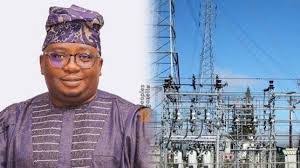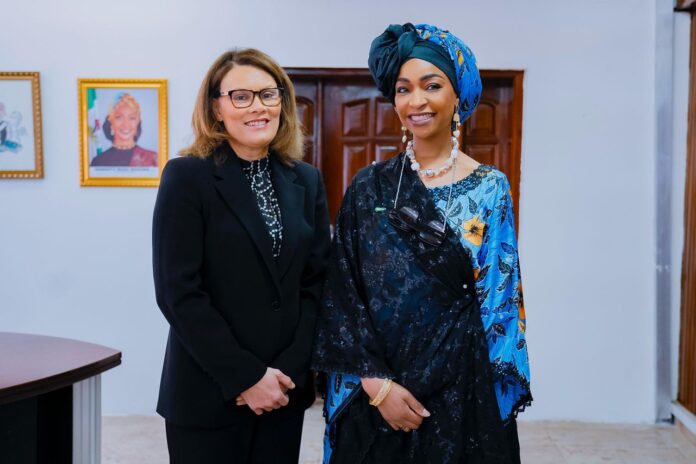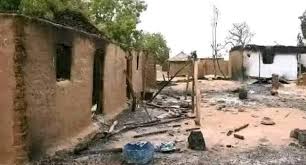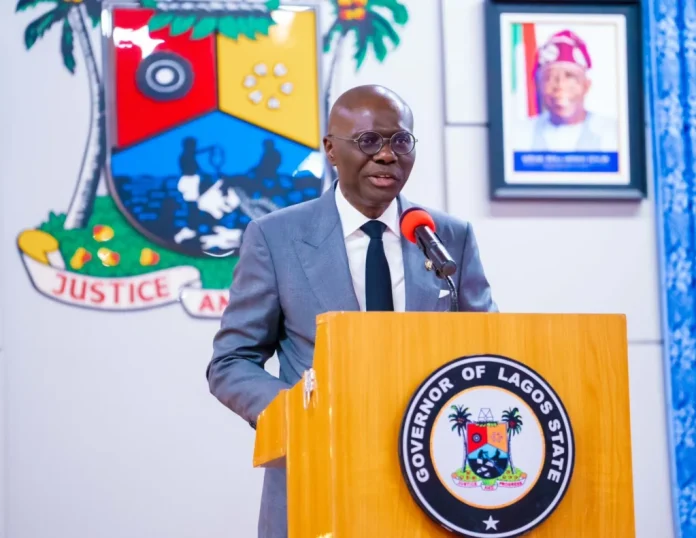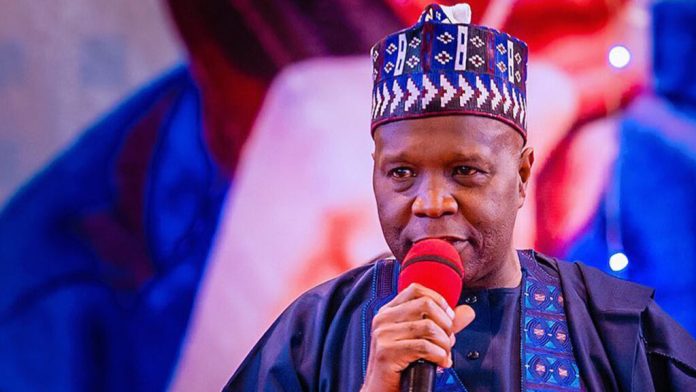…launches 30MW Shagamu power project
…begins nationwide energy access in 774 LGAs
By Charles Ebi
Federal Government has disclosed ongoing plans to settle over N4 trillion owed to Power Generation Companies ,GenCos, for electricity generated and supplied to the national grid.
Mr. Bola Tunji, Special Adviser on Strategic Communications and Media Relations to the Minister of Power, made this known in Abuja.
Tunji was responding to a recent public appeal by the GenCos under the Association of Power Generation Companies ,APGC, calling on the government and relevant stakeholders to urgently intervene and clear the debt backlog, which they say is crippling the sector.
“We expect a response from the Ministry of Finance very soon. We are not unaware of this debt arising from the Federal Government’s commitment on subsidy. Part of the debts are legacy debts, which were on the ground before the minister of power assumed office”, he added.
According to Tunji, the debt is a major obstacle to the smooth functioning of the power sector, and resolving it is a top priority for the ministry.
“The minister has repeatedly harped on this, knowing the implication of such debts to the operations of the various power sector stakeholders, especially the GenCos”, he said.
Earlier, the Association of Power Generation Companies ,APGC, had raised the alarm over the deepening liquidity crisis in the Nigerian Electricity Supply Industry ,NESI, warning that the continued accumulation of debt threatens the viability of the power plants.
In a statement signed by retired Col. Sani Bello, Chairman of APGC’s Board of Trustees, the GenCos disclosed they are owed N2 trillion for power supplied in 2024 alone, in addition to N1.9 trillion in legacy debt.
He added that, aside from being owed significant sums, the GenCos also face a tough operating environment marked by volatile exchange rates, high inflation, and poor access to finance.
“Besides being owed huge debts, the GenCos were also operating under very harsh monetary and fiscal conditions. It is no more news that the GenCos have continued to bear the brunt of the liquidity crisis in the Nigerian Electricity Supply Industry ,NESI” he stated.
Stakeholders in the power sector have repeatedly called on the Federal Government to implement financial stabilization measures to prevent further collapse of electricity generation and distribution in the country.
In March 2025, the Managing Director of the Niger Delta Power Holding Company ,NDPHC, Jennifer Adighije called for urgent presidential intervention to secure funding for ongoing power projects and settle outstanding payments owed to Generation Companies ,GenCos, as part of efforts to improve electricity supply across Nigeria.
Adighije highlighted the severe liquidity challenges facing the power sector, with over N4 trillion owed to GenCos, which has hindered their ability to operate efficiently.
Meanwhile, the Federal Government has officially launched the Sustainable Energy Access Projects ,SEAP, with the commissioning of a 30-megawatt power facility in Shagamu Local Government Area, Ogun State, marking a significant step towards attaining universal energy access and a clean energy transition.
The announcement was made on Tuesday by the Minister of Innovation, Science and Technology, Chief Uche Geoffrey Nnaji, via a post on his official X (formerly Twitter) handle.
According to the Minister, the SEAP initiative aims to deliver a minimum of 5 megawatts of clean, decentralized energy to each of Nigeria’s 774 Local Government Areas, with a strong focus on improving livelihoods in rural and peri-urban communities.
The decentralized energy systems will support agro-processing, healthcare delivery, transportation, and small and medium-scale enterprises ,SMEs, which are critical to inclusive economic growth.
During the launch event, the minister said a tripartite Memorandum of Understanding ,MoU, was signed between the Association of Local Governments of Nigeria ,ALGON, Data Analytics & Solutions International Ltd, and CCK Electric Power Technology Company.
“The project aligns with President Bola Ahmed Tinubu GCFR’s Renewed Hope Agenda and supports the national clean energy transition”, he noted.
The Sustainable Energy Access Projects comprise three key interventions targeted at improving access to affordable and reliable energy in underserved communities:
Deployment of Solar and Gas-Powered Mini-Grids: To bridge the electricity gap in remote and rural LGAs, mini-grid systems will be installed to provide off-grid power solutions.
The project includes the conversion of 1,000 petrol-powered tricycles per LGA to electric versions, reducing dependence on fossil fuels and lowering carbon emissions in urban transport.
SEAP aims to replace firewood and charcoal with affordable and safer LPG/CNG cylinders for over 20,000 households per LGA, addressing deforestation, indoor air pollution, and improving health outcomes, particularly for women and children.
Describing SEAP as a “transformative solution to Nigeria’s energy challenge”, Minister Nnaji highlighted the project’s potential to drive grassroots development through a combination of innovation, inclusion, and impact at scale.
The Ministry of Innovation, Science and Technology has called on development partners, particularly the United Nations Development Programme ,UNDP, to support the implementation of SEAP and help ensure its benefits reach women, youths, and underserved communities across Nigeria.
The nationwide rollout of SEAP is expected to create thousands of jobs, enhance productivity in rural Nigeria, reduce emissions, and support the country’s drive towards achieving its Sustainable Development Goals ,SDGs, particularly in energy, health, environment, and gender equity.


